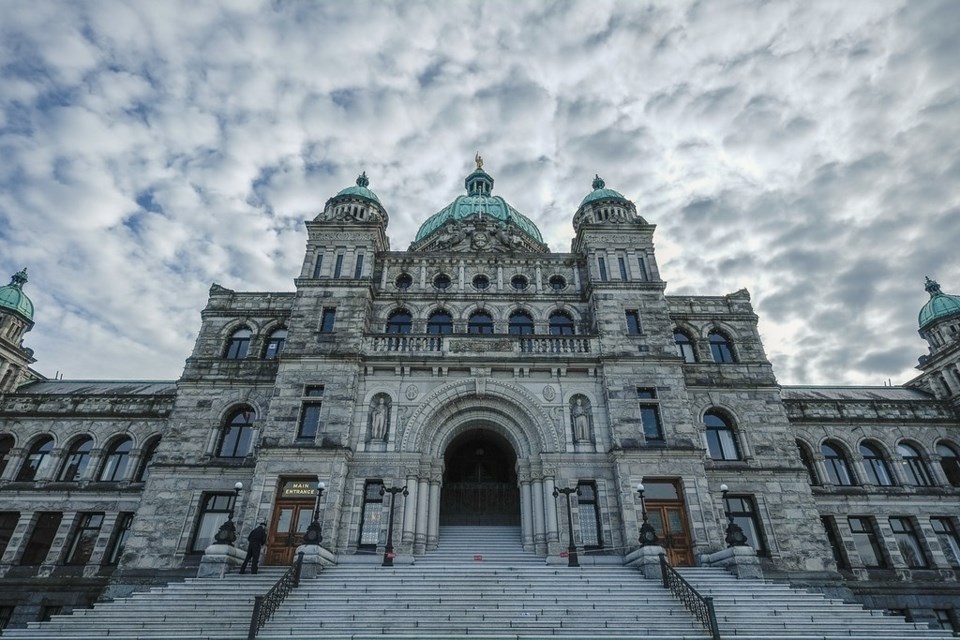Premier David Eby is setting up British Columbians for some hard choices. Is he going to raise taxes? Are our hospitals and schools going to see longer and longer lines? Or, is it maybe both?
When government spends beyond its means and racks up huge debts, life gets harder and more expensive for the taxpayers who have to pick up the bill.
When more tax dollars have to be put towards paying interest on debt, there is less for the government to spend on the services that British Columbians rely on. There’s also less flexibility for the government to cut taxes for struggling families.
These aren’t simply talking points from the opposition—this is what big credit-rating agencies are saying.
S&P Global downgraded B.C.’s credit rating from AA down to AA- with a negative outlook, citing “outsized after-capital deficits,” which are leading to “climbing debt levels and very low levels of internal liquidity that are weaker than those of similarly rated peers.”
In other words, the Eby government is spending far beyond its means, creating a mountain of debt which means the government is going to have to prioritize debt repayment over the services British Columbians need. We’re now worse-off than similar provinces.
S&P isn’t alone in that assessment. Moody’s also downgraded B.C. from a stable to negative outlook on the same day that S&P downgraded B.C.’s credit rating. Two credit rating downgrades on the same day should be setting off some serious alarm bells in Eby’s Ministry of Finance.
Just like S&P, Moody’s pointed at the debt that Eby’s government has accumulated in B.C. Moody’s also noted that Eby is showing a “lack of commitment to return to fiscal balance.”
That’s a real issue. And Eby needs to get the fiscal train back on track or life will get a lot more expensive for British Columbian taxpayers.
B.C. is projecting massive, multibillion-dollar deficits for as far as the eye can see. In 2023-24, the province had a $5.9 billion deficit. That is expected to reach a record-breaking $7.9 billion by the end of this year. Things don’t look any better for the next few years, either.
Big deficits mean big debt being left to taxpayers. By the end of this year, B.C.’s debt will exceed $123 billion, which is about $24,600 per British Columbian. By 2027 the debt will be about $165 billion in total.
Just like with your family credit card, big debts mean big interest charges. This year, B.C. taxpayers are on hook for $4.1 billion in debt interest charges. That’s more money than we’re spending on all but the three biggest provincial ministries. It’s more money than the province collects in the carbon and motor fuels taxes combined and it’s more money than the province spends on social assistance every year.
Divide this year’s interest charges by the province’s population and every British Columbian is on the hook for about $820.
This is the third round of downgrades that B.C. has seen in recent years. In 2021, both S&P Global and Fitch downgraded B.C. from AAA to AA+. Then in 2023, S&P downgraded us again, bringing us down to AA. Now, after this third round of downgrades, we’re at a AA-.
In the 1990s, Saskatchewan found itself in a similar situation. Years of deficit spending by the Grant Divine government led to sky-high debt. When Roy Romanow became premier, he had to close more than 50 rural hospitals just so Saskatchewan could afford its interest payments.
If the current B.C. government stays the course with its fiscal mismanagement, our schools and hospitals are at risk.
Carson Binda is the B.C. director for the Canadian Taxpayers Federation.




